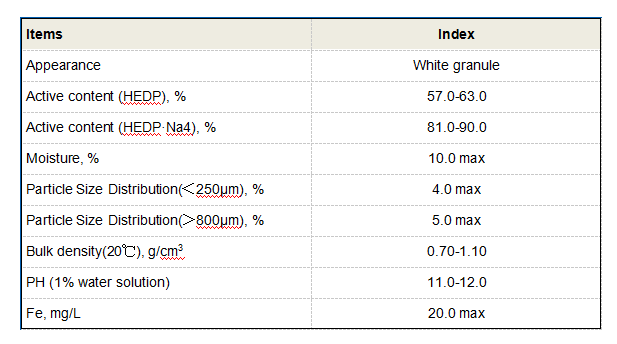coagulant flocculant
Coagulants and flocculants play a critical role in water treatment processes, especially in the clarification of drinking water and the treatment of wastewater. Understanding their functions and applications helps to enhance efficiency in various industrial processes, protect public health, and ensure environmental sustainability.
Coagulants are chemical substances that help to aggregate fine particles in suspension into larger clusters, which can then settle out of the water. Common coagulants include aluminum sulfate, ferric sulfate, and polyaluminum chloride. These agents work by neutralizing the negative charges on suspended particles, allowing them to come together through a process called coagulation. This initial step is crucial in water treatment, as it prepares the suspension for the subsequent processes.
.
The efficiency of coagulants and flocculants depends on various factors, including the nature of the water, the types of pollutants present, and the specific chemicals used. For example, in highly turbid water, higher concentrations of coagulants may be necessary to achieve satisfactory results. Additionally, the pH level and temperature of the water can influence the effectiveness of these agents, making it important to monitor and adjust conditions as needed.
coagulant flocculant

The application of coagulants and flocculants extends beyond water treatment. Industries such as paper manufacturing, mining, and food production also employ these substances to separate solids from liquids and clarify products. In the agricultural sector, they can aid in soil stabilization and erosion control, contributing to sustainability efforts.
However, the use of coagulants and flocculants must be managed carefully. Overuse or incorrect application can lead to issues such as residual chemicals in treated water, which may pose risks to human health and the environment. Therefore, regulatory bodies establish guidelines to ensure safe practices in the use of these chemicals in various applications.
In conclusion, coagulants and flocculants are vital in maintaining water quality and facilitating effective industrial processes. Their roles in coagulation and flocculation not only enhance the clarity and quality of water but also promote environmental health. As industries continue to face challenges related to water quality and waste management, the importance of these chemical agents will only increase, necessitating ongoing research and development to optimize their use in a sustainable manner.
-
LK-319 Special Scale And Corrosion Inhibitor For Steel Plants: Advanced Solutions for Industrial Water SystemsNewsAug.22,2025
-
Flocculant Water Treatment: Essential Chemical Solutions for Purification ProcessesNewsAug.22,2025
-
Isothiazolinones: Versatile Microbial Control Agents for Industrial and Consumer ApplicationsNewsAug.22,2025
-
Scale Inhibitor: Key Solutions for Water System Scale PreventionNewsAug.22,2025
-
Organophosphonates: Versatile Scale Inhibitors for Industrial Water SystemsNewsAug.22,2025
-
Scale and Corrosion Inhibitor: Essential Chemical Solutions for Water System MaintenanceNewsAug.22,2025





